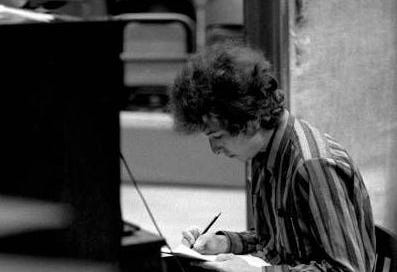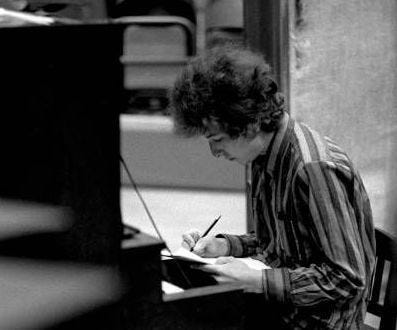My 7 Steps to Writing a Song
I’ve tried writing songs for half my life – unsuccessfully. Until I discovered this process.
Remark:
This is part of my 7-day challenge to write a blog post every day. They’re not gonna be the most eloquent or polished, but it’s gonna be helpful for me, and maybe also for some of you out there.
I’ve tried writing songs for half my life. I had dozens of song parts but barely could get to finishing one.
Understandable, songwriting is not that easy. It combines many skills, like poetry, composing, playing instruments, etc. – all in one and in a way that works together. To become better I looked up a lot of tips but could never just find a step-by-step process.
Until one day my ex-flatmate pissed me off so much that I wrote a whole decent song in one 2h session. Finally, it clicked.
Afterward, I reflected on the process and have since used it for multiple other songs, which made me also refine it.
I don’t always do it this way, but if you feel like you want to write songs and it just doesn’t quite work, try following those 7 steps!
1. Concept/Title

One struggle I’ve had in the past was that I had a general thing I wanted to express, but when I sat down to bring it to life I just felt lost in the infinite possibilities of what to write.
Then I read from one of my favourite songwriters in the world, Matthew Murphy that he always starts with a title or theme and writes around that. I realized this was what differentiated songs that felt easy to write for me from the ones I was floating through space.
Examples of this are
a title like “This car drives all by itself“, where he used metaphors (but not too many!) surrounding that, and in the verses describes the notion of “we can try to make things better, but in the end, there’s always an element of chance involved”, and how this can be scary but also liberating
or “If You Ever Leave I’m coming with you“, where he self-ironically lists all the terrible things that would happen if his wife ever were to leave him, and how he would try to still stick with her in absurd ways
for a song I wrote called “Cloud Guys“ I realized that clouds are a good metaphor for how I idealize people who are hard to reach and tried to come to terms with this conflict of “aaaaa this feels so good“ and “aaaaa but it’s not real“. Once I had this concept, I could just come up with different attributes of it and combine that with similarities to clouds (far away, passing by, just air…).
2. Chords
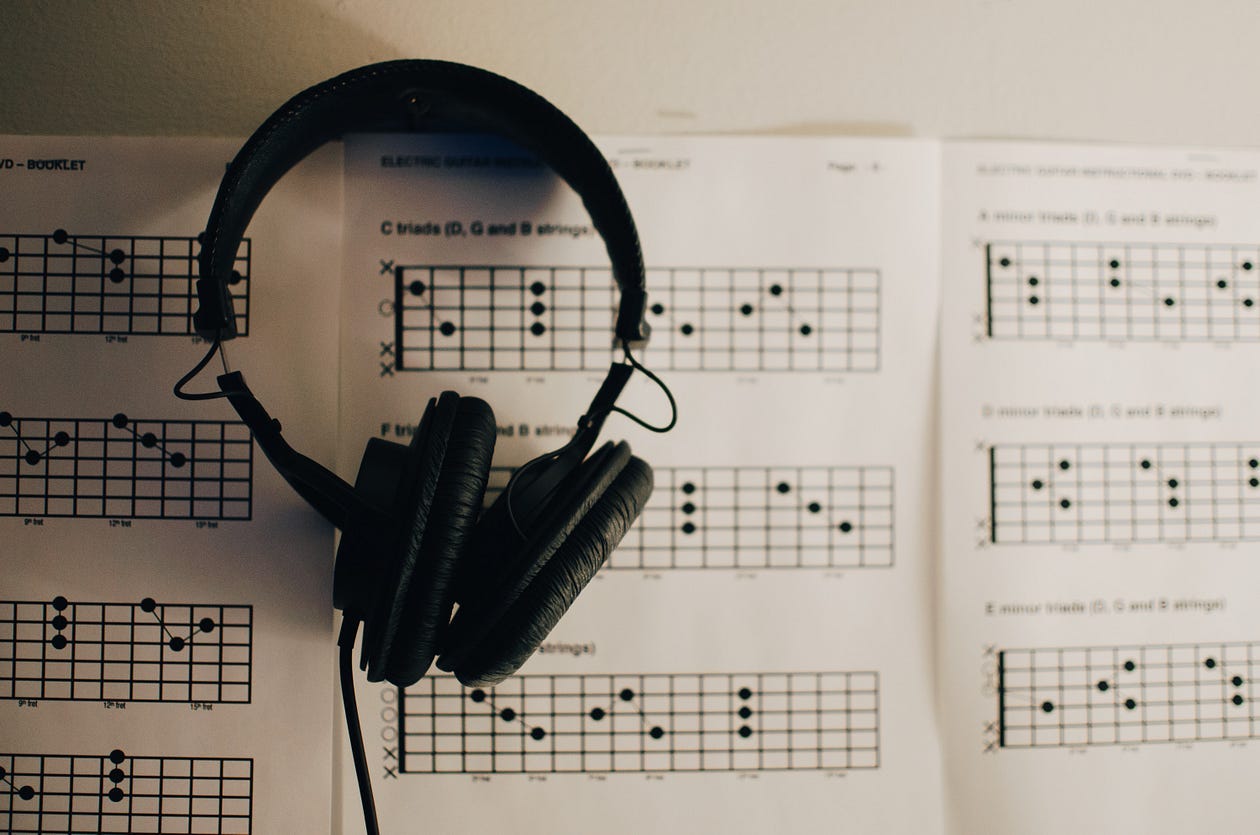
I found it to be easier to write a melody for chords I already have (although I think this is also fine to first come up with the melody and then find chords for it).
I used to spend a long time trying to find chords, thinking they needed to be original. And of course, trying out a lot of chords can be fun and all, but
a) many chord progressions of popular songs are super similar anyway, and
b) I found it to be more helpful to first be able to write full songs, and then when I understand the rules, try to make it more challenging and interesting.
So I started to either just use chord progressions from songs that have a similar vibe as what I’m going for with the concept or find fitting chords through online generators like e.g. ChordHelper.
3. Melody

Once Ι have the chords, I want to come up with a catchy melody. I try to do this before the lyrics because I find it easier to adjust words to a melody (use synonyms, abbreviations, etc.) rather than a melody to lyrics that feel pretty set once constructed carefully. This is because a melody is heavily influenced by the rhythm of words.
What helps me with this is singing in fake English (which also professionals like Sia do) and having a simple drum beat + the chords looped to just sing over it. Sometimes I also come up with one while cooking or walking, or I listen to random bits I have recorded previously.
I recommend starting with the chorus melody until you find a simple and memorable one. Then coming up with another for the verse and potentially for the pre-chorus and bridge.
4. Lyrics

I generally first dump everything I want to say and feel out in paragraphs.
Because I’m not a native English speaker I find it helpful to first write everything in my native language, and then translate it. This prevents me from just defaulting to cliché phrasings and allows me to be more accurate in what I actually want to say. This is also the part where I try to come up with potential metaphors. Sometimes I already stumble upon good lines here.
Then I sort of “place the puzzle pieces” the aspects I want to cover into the parts of the song (I tend to follow the classic structure of Verse, Pre-Chorus, Chorus, x2, Bridge, Chorus). If you have a basic understanding of the roles of the different elements, you can kinda feel where what should go.
That being:
Verse: Context for the main message, further aspects, and thoughts
Pre-Chorus (optional): Transition
Chorus: Main message
Bridge: Often twist or change of some sort
Think of it like the general story arc with exposition, build-up, climax, etc. Maybe you want the first verse to lead in one direction or not give the central element fully away. In a song I wrote called “Paradise“ the main idea was to be in a place that seems to be perfect, paradisical, but feeling like shit because of social stuff. So I started by describing how nice everything is until I revealed the twist in the chorus: “trapped in paradise“.
First clearly knowing what you want to say also prevents you from just choosing words that rhyme instead of something more fitting (and I feel like one can sense that when listening to songs).
I then focus on phrasing things more interesting and lyrically. I recommend not going overboard and sticking with the first thing that feels okay. Otherwise, it can lead to feeling stressed and not finishing the song.
At least that was the case for me. I felt like every song I wrote needed to be the perfect song. As a result, I never finished one. Until I started just doing it in a more simple way that works.
The goal here is to have fun and to first practice songwriting by writing whole songs.
5. Revision
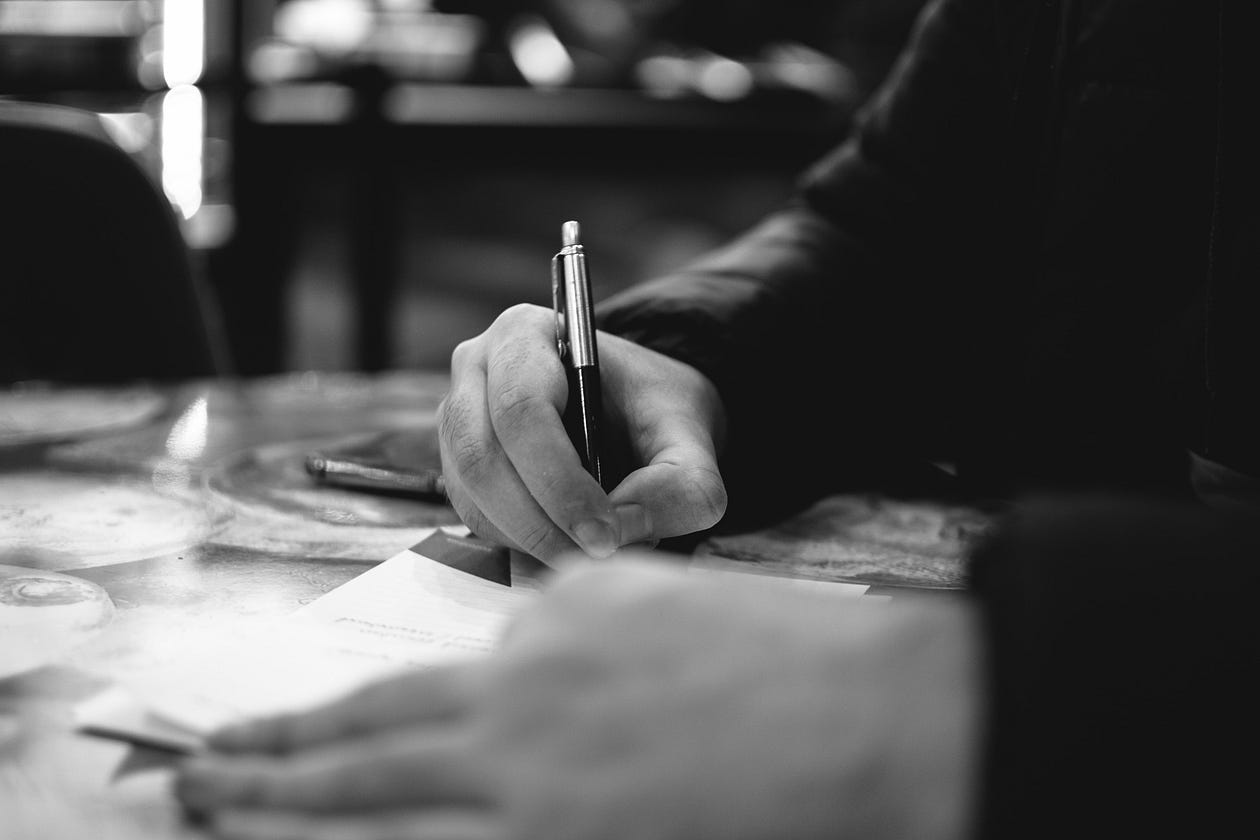
When I got all that set in a basic way I usually feel much calmer about the process. Now it’s just about revising the lyrics and twinking little parts that don't fit quite yet, trying to make it a bit smoother, and finding different phrasings for things that feel a bit boring. I like doing this in between, when I have a few minutes to spare, like when being on a train.
6. Composition
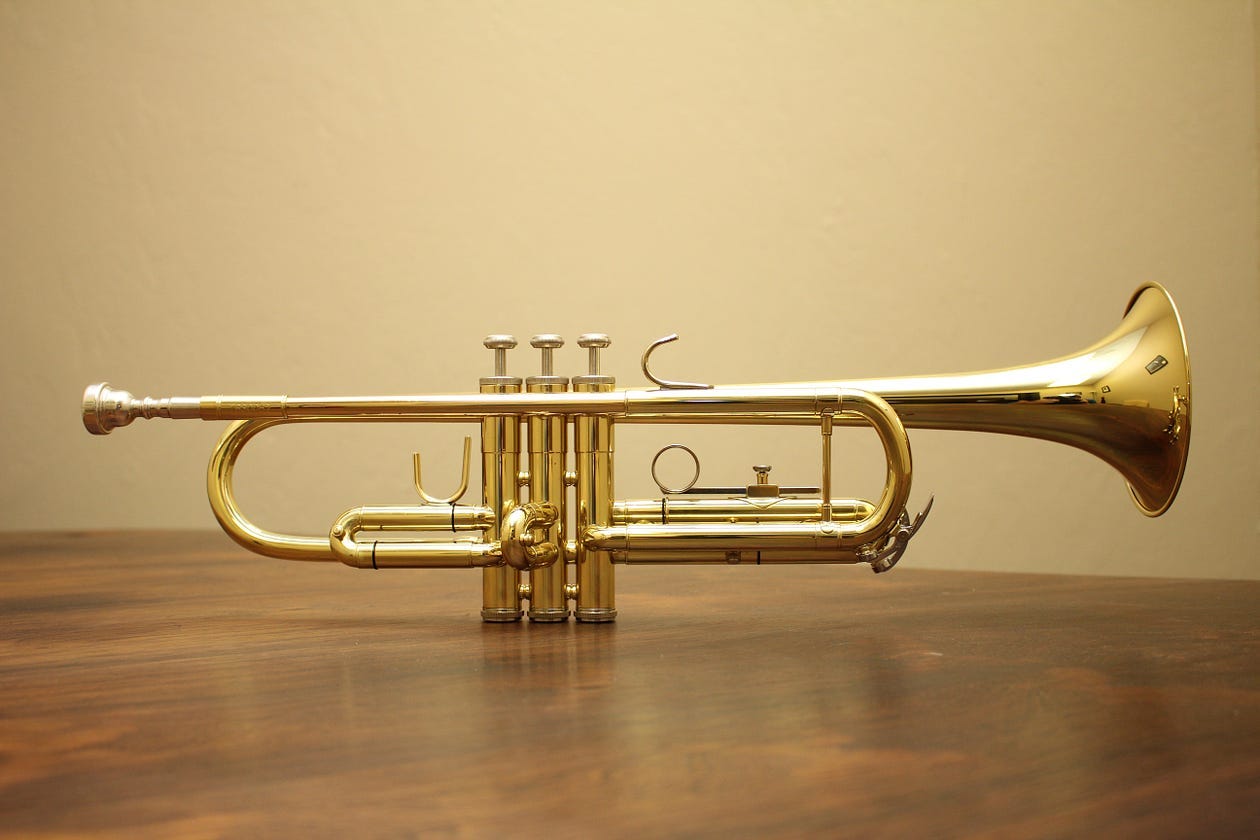
When all that is done, it’s about deciding which instruments come at which parts. Some people do this in a program; I like doing it with my loop machine, cause it feels much more intuitive and fun for me.
7. Production

Then the song is ready for production, aka making it properly ready. This is the step where often a producer comes into play, but it can also be combined with the composition process.
Find my YouTube videos, music, and more here! 🍓
